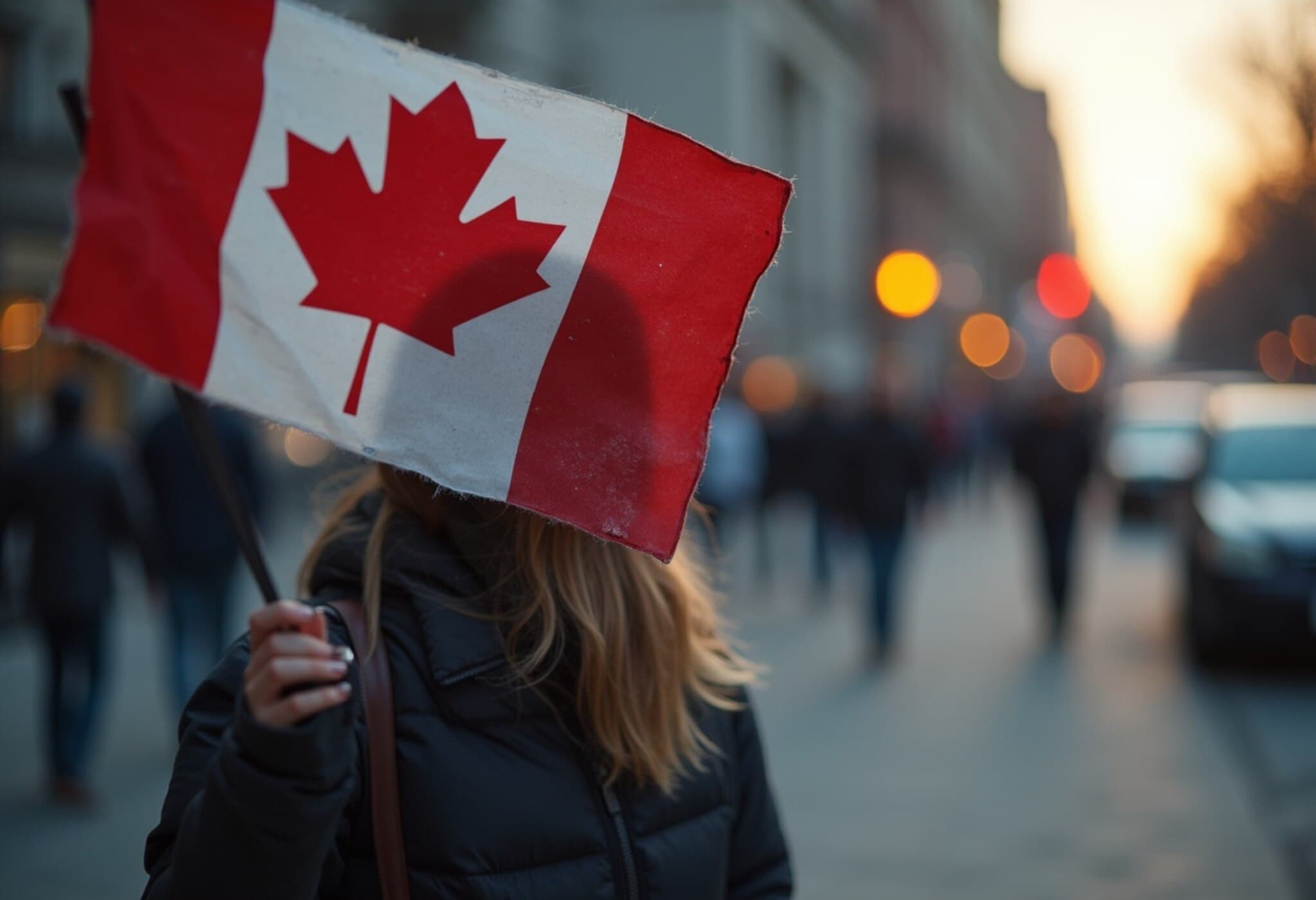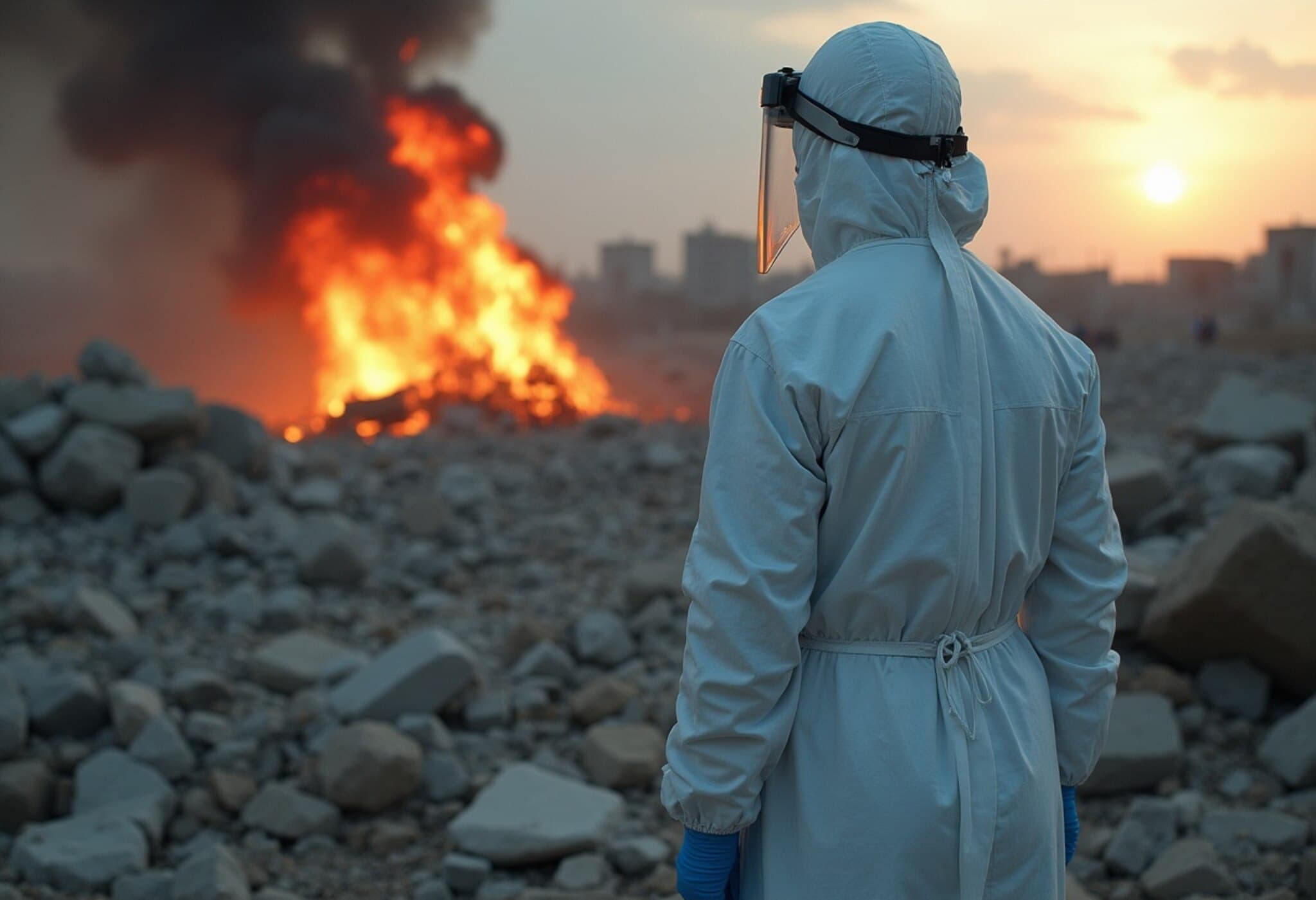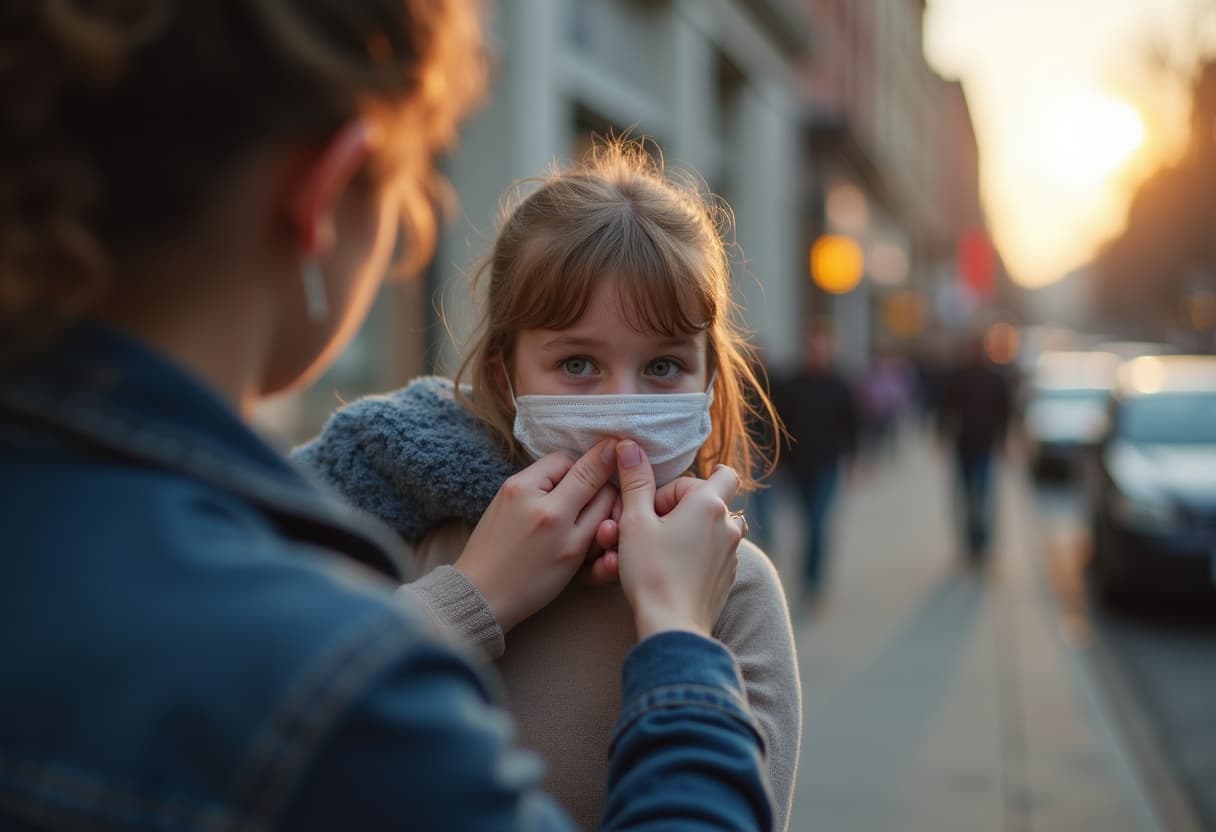Canada Faces Growing Measles Crisis with Cases Outnumbering U.S.
As 2025 unfolds, Canada is grappling with an alarming surge in measles infections that have now outpaced those reported in the United States. With over 4,200 confirmed cases this year—more than triple the U.S. tally of approximately 1,300—the outbreak has spotlighted deep-rooted challenges in vaccine acceptance and public health response, particularly within the western province of Alberta.
Alberta: Epicenter of Measles and Vaccine Skepticism
Alberta, home to about five million residents, has recorded roughly 1,600 measles cases, making it a focal point of concern. Low vaccination rates—estimated at around 71% full immunization by age seven province-wide, plunging below 50% in hardest-hit communities—have been compounded by widespread skepticism toward vaccines and government health policies. This hesitancy echoes debates seen in the United States, prominently fueled by misinformation led by figures such as Robert F. Kennedy Jr.
Dr. James Talbot, former Alberta chief medical officer, expressed frustration, noting, “Our performance is so poor that we have more cases in a population of five million than the United States has in a population of 340 million.” Such stark disparities underscore the urgency needed to address vaccine resistance.
The Lingering Shadow of the COVID-19 Pandemic
The pandemic’s aftermath has exacerbated hesitations, especially in Alberta, where mandates like COVID vaccination requirements for travel prompted significant pushback and large-scale protests, including events that paralyzed Canada’s capital, Ottawa. Unlike provinces such as Ontario, Alberta lacks mandatory immunization policies for school enrollment, leaving vulnerabilities within its public health fabric.
Communities Impacted: The Role of Religious and Cultural Factors
The outbreak's origin in Canada traces back to October 2024 in New Brunswick during a Mennonite gathering, an international visitor’s infection seeding cases that spread to Ontario and Alberta. Measles has disproportionately affected Amish, Mennonite, and other Anabaptist communities, groups traditionally favoring natural remedies over vaccinations despite no official religious prohibitions against immunization.
Dr. Kieran Moore, Ontario’s Chief Medical Officer, highlighted these communities’ vulnerability, while Dr. Craig Jenne from the University of Calgary emphasized herd immunity thresholds: “Immunization rates well below 95% create ripe conditions for outbreaks to flourish.”
Public Health Response Under Strain
Despite rising infections, Alberta’s provincial government has hesitated to declare a public health emergency, triggering criticism from healthcare experts and frontline physicians. Dr. Lynora Saxinger, an infectious diseases specialist, revealed the overwhelming volume of cases has challenged contact tracing and public alerts, with many warnings in public places like Walmarts and grocery stores now less frequent.
Alberta Health Services has instituted visitor restrictions in sensitive healthcare environments, such as cancer wards, aiming to shield vulnerable patients. However, experts warn the healthcare infrastructure is under growing pressure, with potential hospital admissions rising alongside widespread transmission.
Federal Efforts and the Path Forward
While healthcare delivery remains largely a provincial mandate in Canada, the federal government has stepped into the arena by focusing on combating misinformation and rebuilding public trust in vaccines. Dr. Howard Njoo, Canada’s interim chief public health officer, remarked, “We’ve learned a lot about addressing trust issues, which is critical for vaccine acceptance.”
Experts urge a multifaceted approach, combining improved public education, community engagement, targeted vaccination drives, and possibly regulatory measures, to decisively curb the outbreak.
Understanding Measles: Risks and Realities
Measles is a highly contagious airborne virus that produces symptoms resembling the flu coupled with a distinctive rash. While many recover uneventfully, severe complications can arise, including hearing loss, pneumonia, and potentially deadly inflammation of the brain (encephalitis). Since the outbreak, Canada has tragically recorded one fatality—a premature infant infected before birth—while the U.S. has seen three deaths this year.
Expert Insight: Why Does This Matter?
- Low Vaccination Rates: Alberta’s immunization rates dramatically fall short of herd immunity requirements, enabling rapid measles transmission.
- Social and Cultural Dynamics: Vaccine hesitancy rooted in mistrust and cultural practices complicates outreach and compliance.
- Public Health Preparedness: An overwhelmed system struggles to trace and contain infections efficiently, risking further spread.
- Broader Public Health Implications: The outbreak signals larger vulnerabilities in pandemic-influenced vaccination patterns across Canada and globally.
Editor’s Note
The resurgence of measles in Canada, particularly in Alberta, is more than a health statistic; it reflects a convergence of public trust issues, cultural beliefs, and policy gaps exacerbated post-pandemic. As measles joins the global roster of vaccine-preventable diseases threatening communities, it compels policymakers, health experts, and citizens alike to reflect on how societies value and protect collective health. Will Alberta declare an emergency soon to marshal resources effectively? How can misinformation be more aggressively countered without infringing on personal freedoms? These questions remain as the outbreak unfolds, urging vigilance and action for a healthier future.
Vjosa Isai is a Toronto-based journalist specializing in health and policy, bringing nuanced perspectives on Canada’s complex public health challenges.















